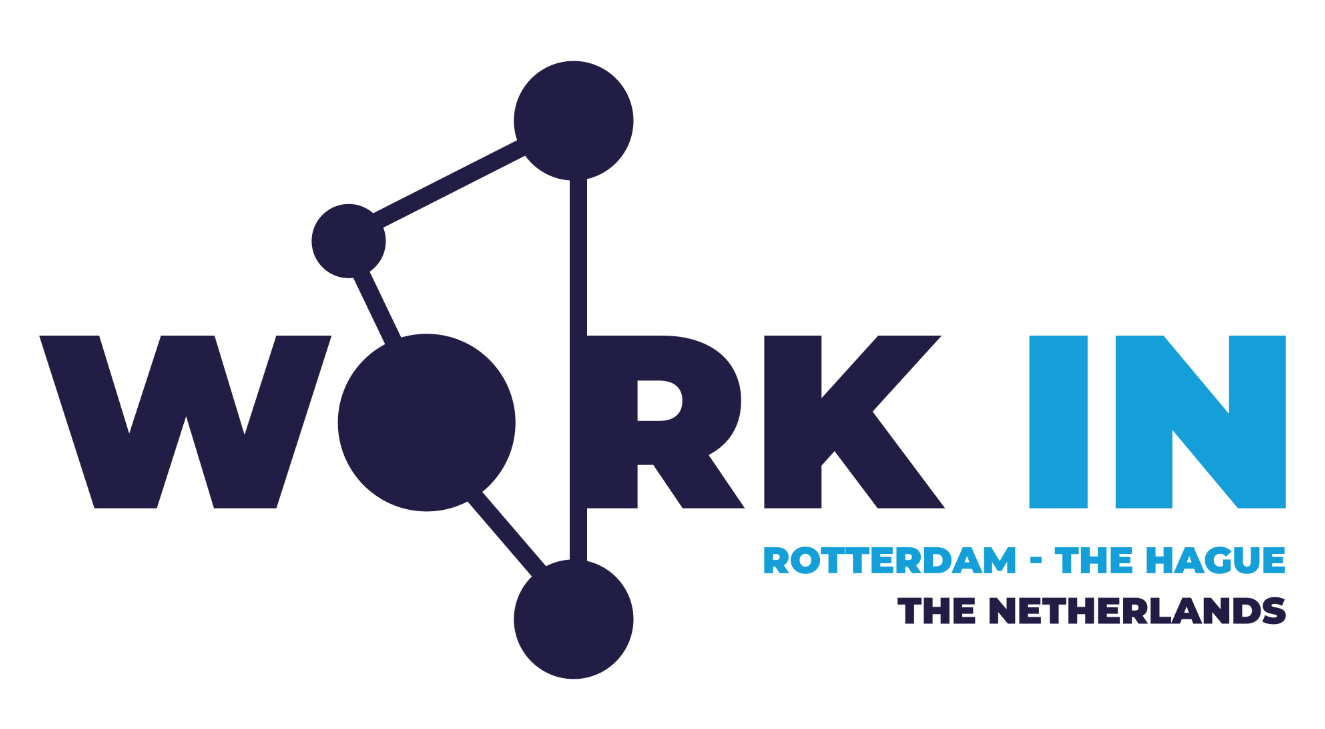Avionics and Data Handling Engineer- Vigil Project

European Space Agency
EUROPEAN SPACE AGENCY
Vacancy in the Directorate of Technology, Engineering and Quality.
ESA is an equal opportunity employer, committed to achieving diversity within the workforce and creating an inclusive working environment. We therefore welcome applications from all qualified candidates irrespective of gender, sexual orientation, ethnicity, beliefs, age, disability or other characteristics. Applications from women are encouraged.
Post
Avionics and Data Handling Engineer- Vigil Project
This post is classified A2-A4 on the Coordinated Organisations’ salary scale.
Location
ESTEC, Noordwijk, Netherlands
Description
Avionics and Data Handling Engineer in the Data Handling Section, Avionics and EEE Division, Electrical Department, Directorate of Technology, Engineering and Quality (D/TEC).
You will report hierarchically to the Head of the Data Handling Section and functionally to the Vigil Programme Manager in the Vigil Project, Earth Explorer Missions Programme within the Earth Observation Projects Department of the Directorate of Earth Observation Programmes (D/EOP).
Vigil is a cornerstone mission of the Space Safety Programme (S2P) and will be the main element of the ESA Space Weather Service Network monitoring system. The Vigil satellite has several remote sensing and in situ instruments, providing observational data and contributing to the delivery of high-availability/low-latency space weather services. Within the Vigil Project, you will be responsible for all aspects of the satellite avionics engineering and verification.
The Data Handling Section provides functional support to ESA projects and carries out technological research (R&D) in the fields of avionics, on-board data handling and data processing solutions, with emphasis on:
- platform and payload data handling architectures and their building blocks (equipment/units, modules and key components);
- avionics units such as on-board computers and remote terminals, as well as mass memories and instrument control units;
- digital and analogue signal processing electronics for payload and avionics functions;
- front-end acquisition and processing chain electronics*;
- on-board data transfer interfaces, buses and associated protocols (high and low speed);
- platform data handling functions relating to security, data authentication, encryption and compression;
- the use of microelectronics devices;
- implementation, inference, verification and validation of algorithms** on processing hardware platforms for space applications* in close collaboration with other discipline experts, such as software, microelectronics and applications engineers.
* except for RF payloads.
** including artificial intelligence and machine learning algorithms.
For your first assignment as Avionics and Data Handling Engineer, you will support the Vigil Project, Earth Explorer Missions Programme within the Earth Observation Projects Department of the Directorate of Earth Observation Programmes. During this assignment you will report functionally to the Vigil Spacecraft Engineering and AIT/V Manager.
Duties
Reporting to the Head of Section and within the technical fields described above, your main tasks and responsibilities will include:
- the specification, development, procurement and verification of Vigil platform electronic units, including the on-board computer, data handling subsystem and instrument control units (ICU/DPU);
- ensuring the consistency and correctness of functional and electrical interfaces between the Vigil platform electronic units, such as ADCS and power units, and the Vigil payload suite instruments, including the Agency-procured and -furnished instruments;
- ensuring consistency between the on-board computer, the data handling subsystem, other electronic unit specifications and the on-board software and spacecraft reference database;
- monitoring the avionics schedule and risks of the relevant procurements, providing early warning of potential problem areas and ensuring that appropriate mitigation actions are identified and implemented;
- supporting the preparation and execution of the system validation tests (SVT) executed by the Vigil Mission Operation Centre (MOC) in ESOC;
- supporting the launch campaign at the MOC and at the launch site, as well as the LEOP and in-space commissioning of the Vigil avionics, including support to the resolution of in-space anomalies;
- supporting the reviews at space segment level as well as at a lower level (instrument, subsystem equipment);
- communicating, when relevant, the outcome of technology maturations, internally in ESA and externally at workshops and conferences;
- liaising with other Project sections, providing engineering support and ensuring a consistent approach for the development and verification of the space segment;
- contributing to the definition of technology development requirements and work plans for the Agency's technology programmes;
- managing and participating in the evaluation of tender submissions and negotiation and implementation of the corresponding contracts in collaboration with the Procurement Department and other relevant ESA departments.
You will be assisted by Project Control, Contracts, Legal and Quality staff and supported by engineers from the Directorate of Technology, Engineering and Quality.
Technical competencies
Behavioural competencies
Result Orientation
Operational Efficiency
Fostering Cooperation
Relationship Management
Continuous Improvement
Forward Thinking
For more information, please refer to ESA Core Behavioural Competencies guidebook
Education
A master’s degree in electronics, telecommunications or a related field is required for this post.
Additional requirements
At least 10 years of experience working on the design, development, verification and deployment of space projects.
Knowledge in the following fields will be considered an asset:
- Design, review, simulation and verification of end-to-end processing chains and data handling architectures;
- Design, review, simulation, manufacturing and testing of platform and payload data handling and processing equipment, modules and boards;
- The use of FPGAs/processors/microcontrollers, the design and implementation of single-point-failure-free circuitry, failure containment techniques and the use of rad-hard components/COTS with radiation mitigation techniques for the implementation of platform and payload data handling and processing equipment;
- Knowledge of security protocols and functions, such as encryption, decryption and authentication, and their hardware implementation as applied in avionics and data handling systems;
- Experience leading the FMEA definition for avionics, including the analysis of radiation sensitivity of critical EEE components in the system failures;
- Failure Detection, Isolation and Recovery (FDIR) design and analysis for avionics and data handling systems;
- Implementation, inference, training, verification and validation of machine learning algorithms on hardware platforms for space or terrestrial applications;
- Electronics laboratory experience for the implementation and testing of data handling and processing modules and units;
- Familiarity with product assurance (PA) standards, including software PA.
Diversity, Equity and Inclusiveness
ESA is an equal opportunity employer, committed to achieving diversity within the workforce and creating an inclusive working environment. We therefore welcome applications from all qualified candidates irrespective of gender, sexual orientation, ethnicity, beliefs, age, disability or other characteristics. Applications from women are encouraged.
At the Agency we value diversity, and we welcome people with disabilities. Whenever possible, we seek to accommodate individuals with disabilities by providing the necessary support at the workplace. The Human Resources Department can also provide assistance during the recruitment process. If you would like to discuss this further, please contact us via email at contact.human.resources@esa.int.
Important Information and Disclaimer
In principle, recruitment will be within the advertised grade band (A2-A4). However, if the selected candidate has less than four years of relevant professional experience following the completion of the master’s degree, the position may be filled at A1 level.
Applicants must be eligible to access technology and hardware which is subject to European and US export control regulations & security clearance by their national security administrations.
During the recruitment process, the Agency may request applicants to undergo selection tests. Additionally, successful candidates will need to undergo basic screening before appointment, which will be conducted by an external background screening service, in compliance with the European Space Agency's security procedures.
Note that ESA is in the process of transitioning to a Matrix setup, which could lead to organisational changes affecting this position.
The information published on ESA’s careers website regarding working conditions is correct at the time of publication. It is not intended to be exhaustive and may not address all questions you would have.
Nationality and Languages
Please note that applications can only be considered from nationals of one of the following States: Austria, Belgium, the Czech Republic, Denmark, Estonia, Finland, France, Germany, Greece, Hungary, Ireland, Italy, Luxembourg, the Netherlands, Norway, Poland, Portugal, Romania, Spain, Sweden, Switzerland, the United Kingdom and Canada, Latvia, Lithuania, Slovakia and Slovenia.
According to the ESA Convention, the recruitment of staff must take into account an adequate distribution of posts among nationals of the ESA Member States*. When short-listing for an interview, priority will first be given to internal candidates and secondly to external candidates from under-represented Member States*.
The working languages of the Agency are English and French. A good knowledge of one of these is required. Knowledge of another Member State language would be an asset.
*Member States, Associate Members or Cooperating States.

